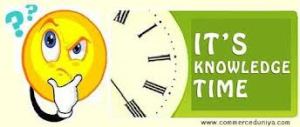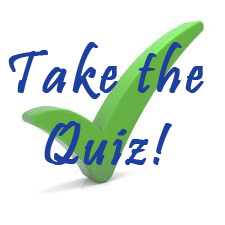Test your knowledge of legal ethics in California. See how well you do. If you intend to be a Paralegal or Legal Document Assistant (LDA), you need to be very familiar with the ethical rules that apply to lawyers and their staff.
1. Giving legal advice includes:
a. Directing a client how to proceed in a matter that potentially has legal consequences.
b. Helping a client fill out court-related forms.
c. Explaining to a client his or her legal rights and responsibilities.
d. A and C only.
2. The term “independent Paralegal” in California can include a Legal Document Assistant. TRUE or FALSE
3. Lawyers are obligated not to aid in the unauthorized practice of law. TRUE or FALSE
4. Law students can make court appearances without supervision of an attorney. TRUE or FALSE
5. The emergence of the paralegal profession has resulted in the increase of unauthorized practice of law prosecutions. TRUE or FALSE
6. Representing oneself in a lawsuit can be considered the unauthorized practice of law. TRUE or FALSE
7. No one definitive list of activities constitutes the practice of law. TRUE or FALSE
8. According to the generally understood definition o the practice of law, the preparation of court pleadings and other papers related to a lawsuit and the management of the lawsuit is generally included within the definition of the practice of law. TRUE OR FALSE
9. Education for Paralegals in California
a. Is required by law
b. Is required by the job market
c. Requires an associate’s degree
d. Requires a law degree
10. The only California law that is relevant to legal ethics is the California Business and Professional Code. TRUE or FALSE.
Answers in Monday’s blog.
 Here are the answers to yesterday’s quiz on discovery:
Here are the answers to yesterday’s quiz on discovery: